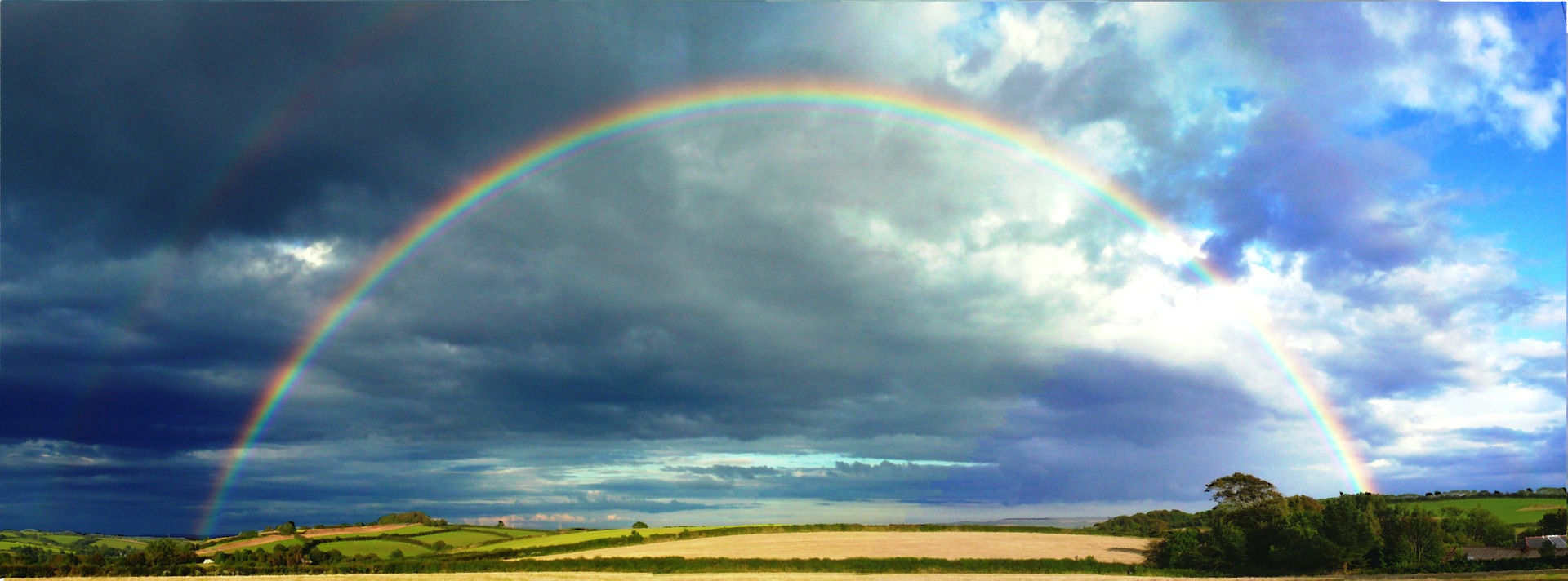The Word Trauma

Recently, I learned that the word “trauma” comes from the Greek word τραῦμα, which literally means “wound.” A lot of people have a hard time knowing what is meant when someone uses the word trauma, but I think that definition does a great job of summing it up.
You may hear some people referring to the word trauma with other descriptors, such as big-T Trauma, little-t trauma, Post-traumatic stress syndrome (PTSD), and complex PTSD (C-PTSD).
If we think of trauma as a wound, it helps us to understand the difference in the big-T and little-t designations; a large wound would be a big-T, and a smaller wound would be a small-t. However, multiple small-t trauma events can create a larger, big-T Trauma. This also helps to explain the variation in PTSD and C-PTSD; PTSD is typically, although not always, the result of a single, significant event or multiple events of the same type. Most people associate PTSD with people in the military and veterans, typically in relation to being in combat for an extended period of time. Complex PTSD, or C-PTSD, is the result of one or more big-T Trauma events combined with one or more little-T trauma events.
Experiencing Trauma
Humans can encounter trauma through experiencing or witnessing distressing and disturbing events in their life. These experiences can be extreme, such as abuse, assault, or witnessing such events. Humans can also encounter trauma through common events or times, such as the death of a loved one, being alone or abandoned, accidents, or hurtful words. Trauma does not look the same with everyone; two people who have the same shared experience may not manifest trauma in the same way. One person may be mildly affected or not affected at all, and the other person could be significantly impacted.
Often without realizing it, we have unprocessed trauma that may show up in a variety of ways. Some people experience panic attacks, particularly after being triggered, while others may go in and out of depression or disassociate (disconnect from the present moment while reliving something in the past). These reactions are not voluntary, but automatic processes that we cannot control. They can be scary and may bring on bodily sensations and feelings of shame, guilt, anxiety, anger, and fear. But you do not have to suffer alone!
Read more >






